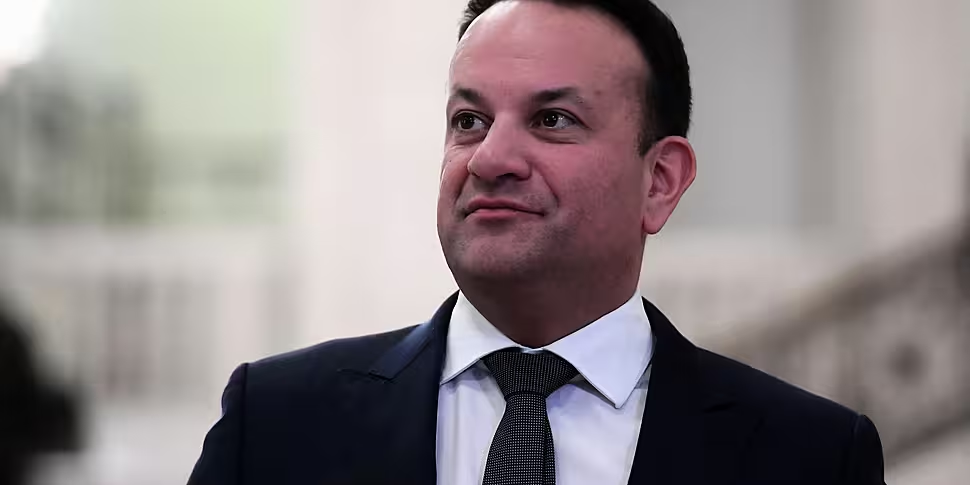Irish teams should not “disadvantage ourselves” by refusing to play teams like Russia and Israel, the Taoiseach has said.
The Irish Women’s basketball team EuroBasket qualifier against Israel has been engulfed in a campaign calling on the team to boycott the match in recent weeks.
The fixture was originally due to go ahead in Israel last year but was rescheduled due to the war in Gaza and is now due to take place in Latvia tomorrow.
It is understood several squad members are refusing to play in the fixture due to Israel’s ongoing bombardment of Gaza and the deaths of civilians in the enclave since October.
Meanwhile, Basketball Ireland is insisting that it cannot boycott the match – warning that any move to do so would mean “a decade in the wilderness” for women’s basketball in Ireland.
The body has also slammed Israeli player Dor Sa’ar over her claim that Irish people are anti-Semitic.
It has labelled the claim "inflammatory and wholly inaccurate" and reported the comments to governing body FIBA Europe.
On The Pat Kenny Show this morning, the Taoiseach Leo Varadkar said he does not believe a boycott is the right way to go.
“Look, ultimately it is [the team’s] decision, but I have a very clear view on the general issue of boycotts,” he said. “Whether it's sports, whether it's music, whatever it is, I don't think we should disadvantage ourselves.
“It's one thing to expel Russia or expel Israel from certain sporting events or certain music events or contests and I think that may well be appropriate – but for us to remove ourselves actually isn't a good idea in my view, because all we do is disadvantage ourselves.
“This is why I never agree with unilateral actions. When you act on your own in these kinds of circumstances, you're the people that lose out. For a boycott to be successful, you need to have a critical mass.”
Anti-Semitism
Mr Varadkar said he ‘disagrees profoundly’ with Dor Sa’ar’s anti-Semitism accusation.
“There is a strategy which is employed by extreme Zionists to say that anyone who is critical of Israel is anti-Semitic - and they actually admit that themselves, that this is their view, that being anti-Israel or anti-Israeli policy equals anti-Semitism,” he said.
“I think that's profoundly wrong and I think it actually devalues anti-Semitism and I fear that it may even start to make anti-Semitism acceptable – which would be a terrible thing because anti-Semitism is a terrible form of racism.”
White House
The Taoiseach said he will use any visit to the White House to put forward Ireland’s concerns about Israel’s actions in Gaza.
“First of all, I haven't yet been invited to the White House, so I don't assume the invitation will come, but if I am invited, I will go and of course I'll use that opportunity - both in public and private - to put across the views of the Irish people to the US President,” he said.
“The US has huge influence over Israel. It may well be the only country in the world, they still listen to or listen to in a meaningful sense, but I think it is worth pointing out that, in fairness to the US, Qatar and Egypt, they have been working on a ceasefire plan.
“That's a ceasefire that we've been calling for, for a very long time and I hope by the time St Patrick's Day comes, that we'll be in a situation where we have a ceasefire – a humanitarian ceasefire that allows for the hostages to be released, ends the killing and allows for aid to get into Gaza.
“I hope what we're talking about on March 17th is how we make that ceasefire permanent and how we move towards a lasting solution.”
In a wide-ranging interview, the Taoiseach also discussed alleged arson attacks on asylum seeker centres, polls showing a large drop in support for Sinn Féin and calls for a United Ireland Referendum.
You can listen back here:









